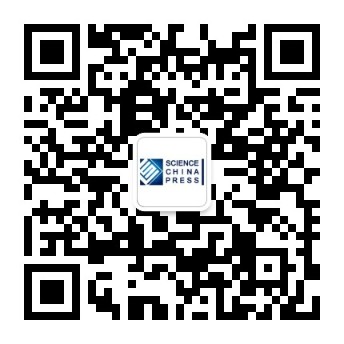Challenges in space-based gravitational wave data analysis and applications of artificial intelligence
Abstract
As space-based gravitational wave detection projects such as LISA, Taiji, and Tianqin continue to advance, we are on the cusp of gaining a new viewpoint on observing the universe.However, the scientific data processing for these projects faces unprecedented challenges, including the superposition of numerous gravitational wave sources, non-stationary noises, and data anomalies.This review aims to make a brief summary of these challenges and their possible solutions, using the Bayesian statistical inference framework as a thread, and provide researchers with a relatively comprehensive perspective.Topics such as the construction of waveform templates, the modeling of detector responses, and the processing of noise and data anomaly are discussed, with a focus on the strategies for parameter estimation and global fitting, especially the evaluation of likelihood, and the utilization of various stochastic sampling techniques to improve the efficiency and accuracy of analysis.Notably, this review highlights the applications of artificial intelligence technologies in waveform modeling, noise and data anomaly processing, signal recognition, and parameter estimation, showcasing how artificial intelligence can pave new paths for solving complex problems in the data analysis of space-based gravitational wave detection.








